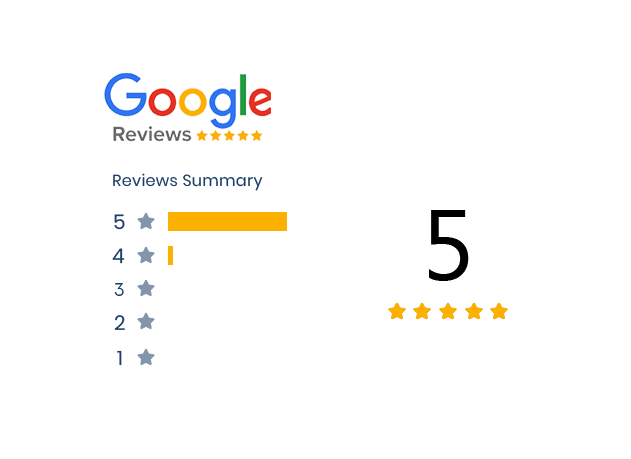


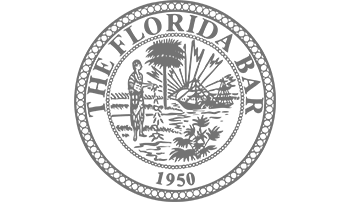
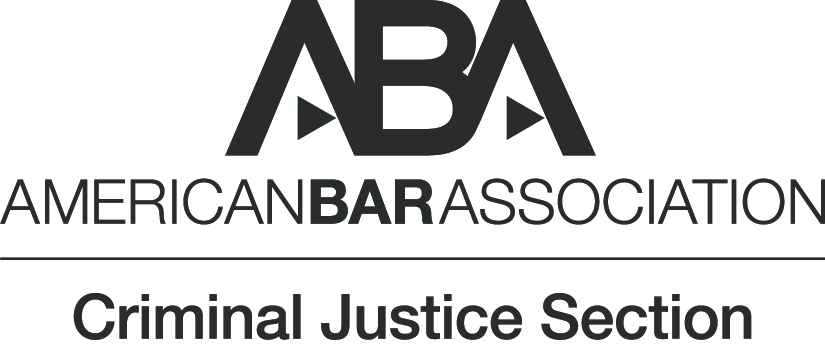


Navigating the legal aftermath of a misdemeanor can be a complex and often daunting process. As individuals seek to move forward from their encounters with the law, a crucial question arises: How long does a misdemeanor stay on your record in Florida? When it comes to a misdemeanor conviction, the answer in the state of Florida involves understanding the nuances of the legal system, including the possibilities of expungement or sealing for a misdemeanor charge.
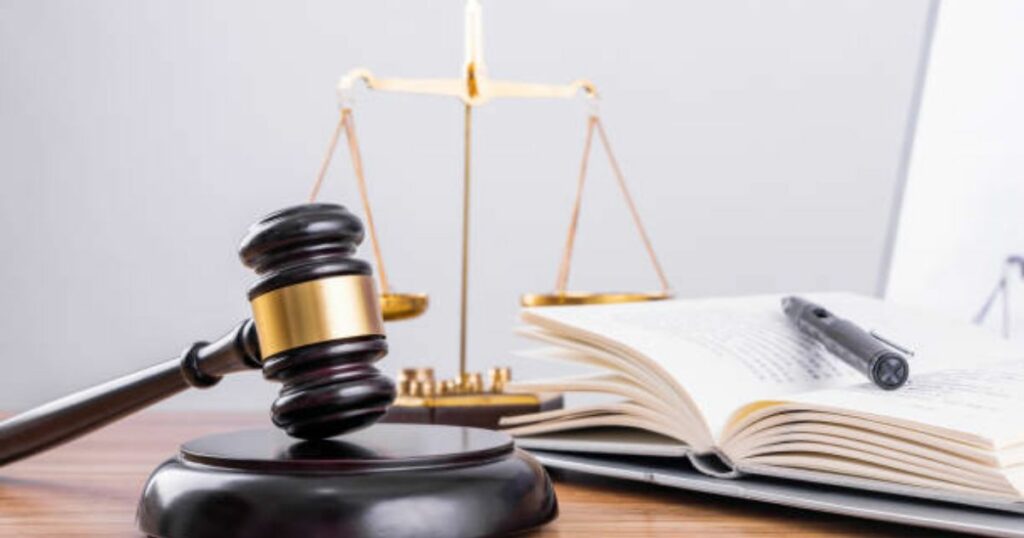
"We are confident that asking, 'Does a misdemeanor stay on your record?'. In Florida, the length of time a misdemeanor stays on your record depends on the specific type of misdemeanor and the outcome of the case. Generally, misdemeanors stay on your criminal record permanently unless you take legal action to have them expunged or sealed.

Expungement and sealing are legal processes that restrict access to certain criminal records. Expungement removes the record from public view, while sealing restricts access to the record but does not completely destroy it. Not all misdemeanors are eligible for expungement or sealing, and the eligibility criteria may vary based on the specific offense. There are two degrees that a misdemeanor can be committed, including: 1st-degree misdemeanors and 2nd-degree misdemeanors.
>>> Read more: What Is A Misdemeanor in Florida
It's important to consult with an attorney to understand the specific details of your case and whether you are eligible for expungement or sealing. Keep in mind that laws can change, so it's advisable to seek legal advice from a professional who can provide information based on the most current regulations.
In Florida, misdemeanors can generally appear on a criminal background check indefinitely unless they have been expunged or sealed. However, the Fair Credit Reporting Act (FCRA) imposes certain limitations on how long certain information, including criminal convictions, can be reported by consumer reporting agencies.

According to the FCRA, non-conviction information (such as arrests) can be reported for up to seven years, while conviction information has no time limit and can be reported indefinitely. It's important to note that state laws may also play a role in the reporting of criminal records, and they can vary.
If you have successfully had your misdemeanor expunged or sealed, it should not appear on a standard background check. However, certain employers or government agencies may have access to more comprehensive background checks that could reveal sealed or expunged records.
Misdemeanors are generally classified into different levels or classes, and the penalties for each level can vary based on the jurisdiction and the specific offense. The penalties for misdemeanors are typically less severe than those for felonies and can include fines, probation, community service, and jail time. Below is a general overview of misdemeanor classifications and potential penalties:
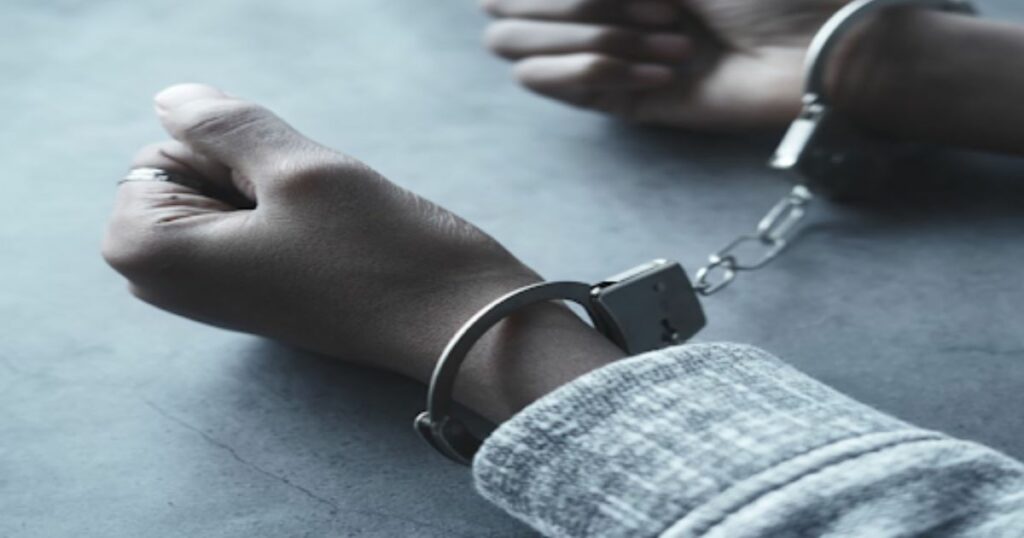
Class A Misdemeanors:
Class B Misdemeanors:
Class C Misdemeanors:
The mentioned penalties are general guidelines, and they can vary depending on jurisdiction. States may have different misdemeanor class systems, and within each class, penalties may be influenced by individual case circumstances and prior criminal history. Alternative sentencing options, like diversion programs or misdemeanor probation, may be offered, particularly for first-time offenders, emphasizing rehabilitation over incarceration. It is crucial to consult the laws of the specific jurisdiction or seek legal advice for accurate, tailored information, as laws can change, and the provided information is a general overview.
Misdemeanors can have various impacts on an individual's life, both immediately and in the long term. The consequences can extend beyond legal penalties and may affect personal, professional, and social aspects. Here are some ways misdemeanors can impact your life:
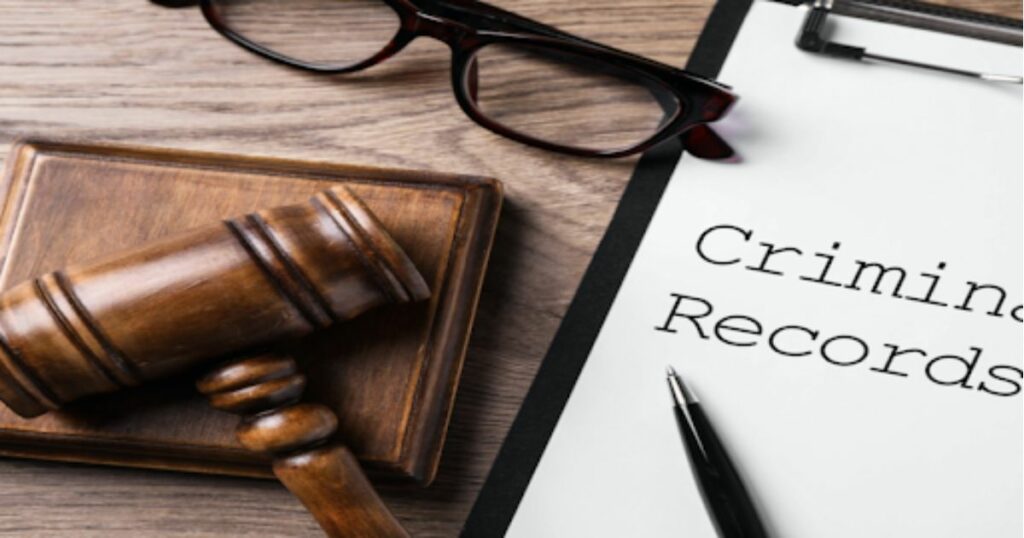
Misdemeanor convictions can affect your ability to secure certain jobs, especially those that require background checks. Employers may be concerned about your reliability and trustworthiness, depending on the nature of the offense.
Some professions and occupations require professional licenses. Misdemeanor convictions, particularly those related to dishonesty or violence, may affect your eligibility for or the renewal of professional licenses.
Certain educational institutions may consider criminal history during the admissions process. Some convictions, particularly those related to drugs or violence, may impact eligibility for financial aid.
Landlords often conduct background checks on prospective tenants. Misdemeanor convictions may make it more challenging to secure rental housing, especially in competitive rental markets.
Misdemeanor convictions, particularly those classified as "crimes of moral turpitude," can have implications for individuals with non-U.S. citizenship. It may affect immigration status, visa applications, or lead to deportation.
Some countries have strict entry requirements, and certain misdemeanor convictions may result in denial of entry or other travel restrictions. It's important to research the specific entry requirements of the destination country.
Misdemeanors may strain personal relationships, as friends, family, or acquaintances may view the offense negatively. The social stigma associated with a criminal record can affect how others perceive you.
It's crucial to seek legal advice and understand the specific consequences of a misdemeanor conviction in your jurisdiction. In some cases, legal remedies such as expungement or sealing of records may be available to mitigate the long-term impacts. Consulting with an attorney can help you navigate the legal process and explore options for minimizing the consequences of a misdemeanor.
“Can you get misdemeanor off your record? " as you might ask once. In Florida, there are two main legal processes that may allow you to remove a misdemeanor from your record: expungement and sealing.
How to remove a misdemeanor from a record?
>>> Read more: Can you get a misdemeanor expunged in Florida?
>>> Read more: You can search more information of misdemeanors on here
It's crucial to note that some offenses, such as certain driving under the influence (DUI) convictions, may not be eligible for expungement or sealing. Additionally, the waiting period and specific requirements can vary depending on the nature of the offense.
Consulting with an experienced criminal defense attorney in Florida or with us are highly recommended to determine your eligibility, understand the specific requirements, and navigate the legal process. Keep in mind that laws may change, so it's essential to get up-to-date information from a legal professional familiar with Florida's current regulations.
 Florida's Expungement & Sealing Law
Florida's Expungement & Sealing Law

